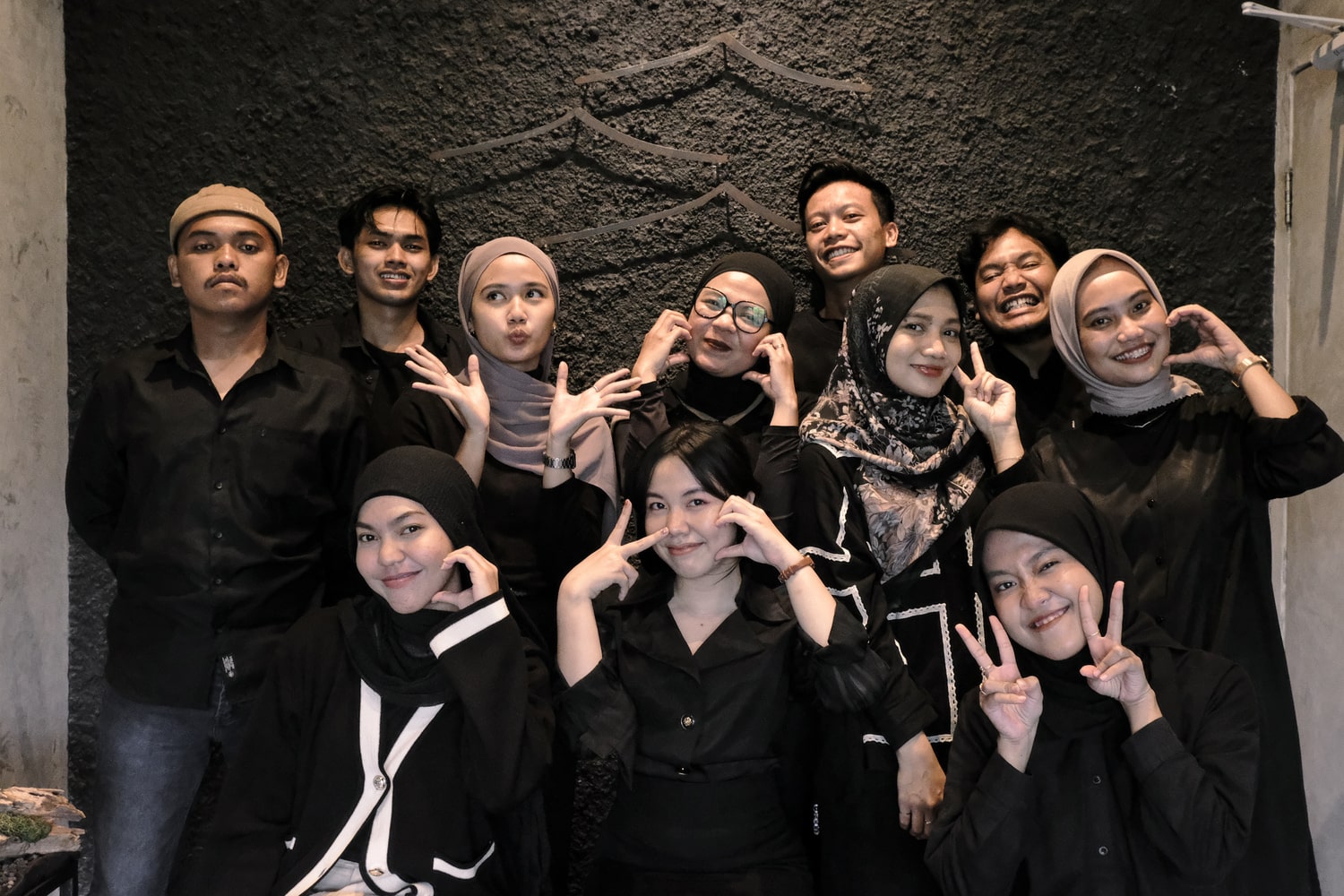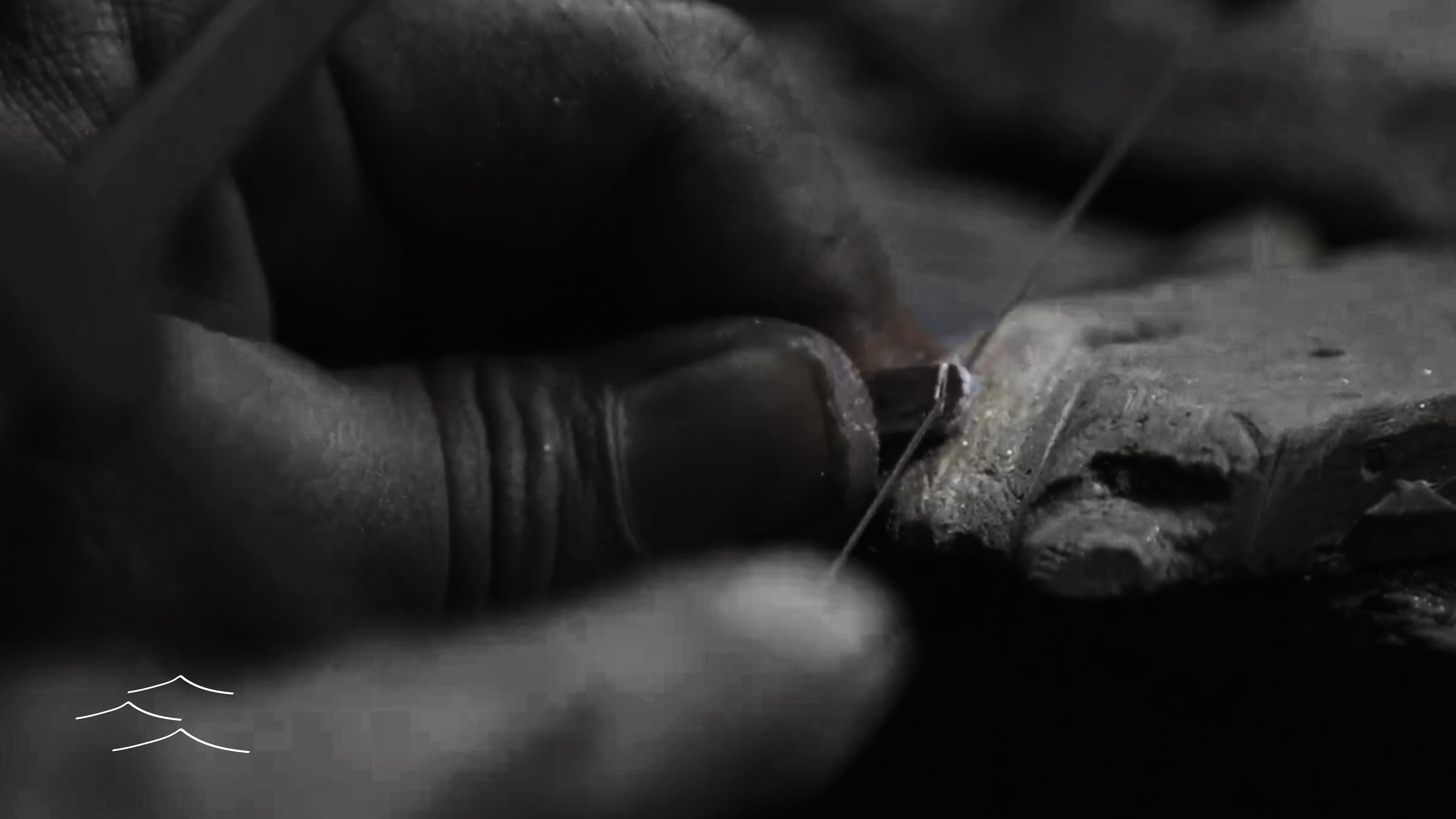

The Rockologist logo features three mountain lines, the first of which stands for our customers. It’s all about our customers and how we can make their experience of purchasing and owning diamond rings a pleasurable one. Knowing that our artwork may serve as


The second mountain line stands for our internal team as well as the people surrounding us. Rockologist has always wanted to be a place that welcomes those who are unable to find an appropriate job due to widely accepted discriminatory criteria. The standard for our internal team criteria is not an educational degree nor years of experience, but rather creativity in work, sincerity in serving, and persistence in endeavoring. Rockologist also makes every effort to use non-formal local labor and nearby SMEs to meet all other needs, with the purpose of contributing to the provision of grassroots economic empowerment.


The second mountain line stands for our internal team as well as the people surrounding us. Rockologist has always wanted to be a place that welcomes those who are unable to find an appropriate job due to widely accepted discriminatory criteria. The standard for our internal team criteria is not an educational degree nor years of experience, but rather creativity in work, sincerity in serving, and persistence in endeavoring. Rockologist also makes every effort to use non-formal local labor and nearby SMEs to meet all other needs, with the purpose of contributing to the provision of grassroots economic empowerment.


The third mountain line represents the last vestiges of a once-thriving industry: skilled artisans and hand-fabricated jewelry. If we don’t take steps to maintain this culture and keep introducing new generations to it, these artisans and their methods will soon disappear forever. The craftsmanship of this centuries-old tradition is on the verge of extinction due to the widespread use of modern tools that can produce jewelry in bulk in the name of saving time and money. Not only do we have to grasp the situation, but we also must value it.
What exactly is meant by “hand-fabricated”? What makes it so complicated yet special at the same time? We’ll do our best to break down each stage of this ancient jewelry-making method for you in as little detail as possible.
To begin with, our expert artisans will refine the base metal material you select by alloying it with additional metals to achieve the exact level of purity. High-temperature combustion is utilized to ensure perfect metal melting and fusion.
After a previous process that demands intense concentration, our artisan will then bring the metal with adequate purity to be forged and milled into slab and wire.
Our artisans will then shape, cut, and bend the metal slab or wire into little pieces based on the dimensions and designs you specify. This sounds simple, but it’s one of the most difficult parts!
Our artisans will use a soldering technique to join these little pieces of metal together. Everything is done by hand, which may leave traces of solder stains as one of the hallmarks of jewelry artwork that is created only once and only for you.
The battle is far from done. Our artisans will fine-tune the artwork by filing, sanding, polishing, and inlaying textures so that it better fits your specified parameters and aesthetic vision.
Natural diamonds still need to be put into jewelry, which is a mission that requires high precision and patience for our artisans to do next. There are many diamond setting techniques, and each one has its own challenges and difficulties.
Following that, the traditional electroplating process will be performed using rhodium to achieve the desired color of the ring surface. This method necessitates the proper techniques and precision in concocting rhodium formulas. Our artisans must therefore be familiar with chemistry lessons!
This final step will make your jewelry artwork more personal and tell a story. Yes, it’s time for our artists to utilize a micro drill to write phrases on your jewelry, even in areas as small as 2 millimeters wide. It’s not easy, as we know, that writing on such a small area is difficult, even on paper with a pen.